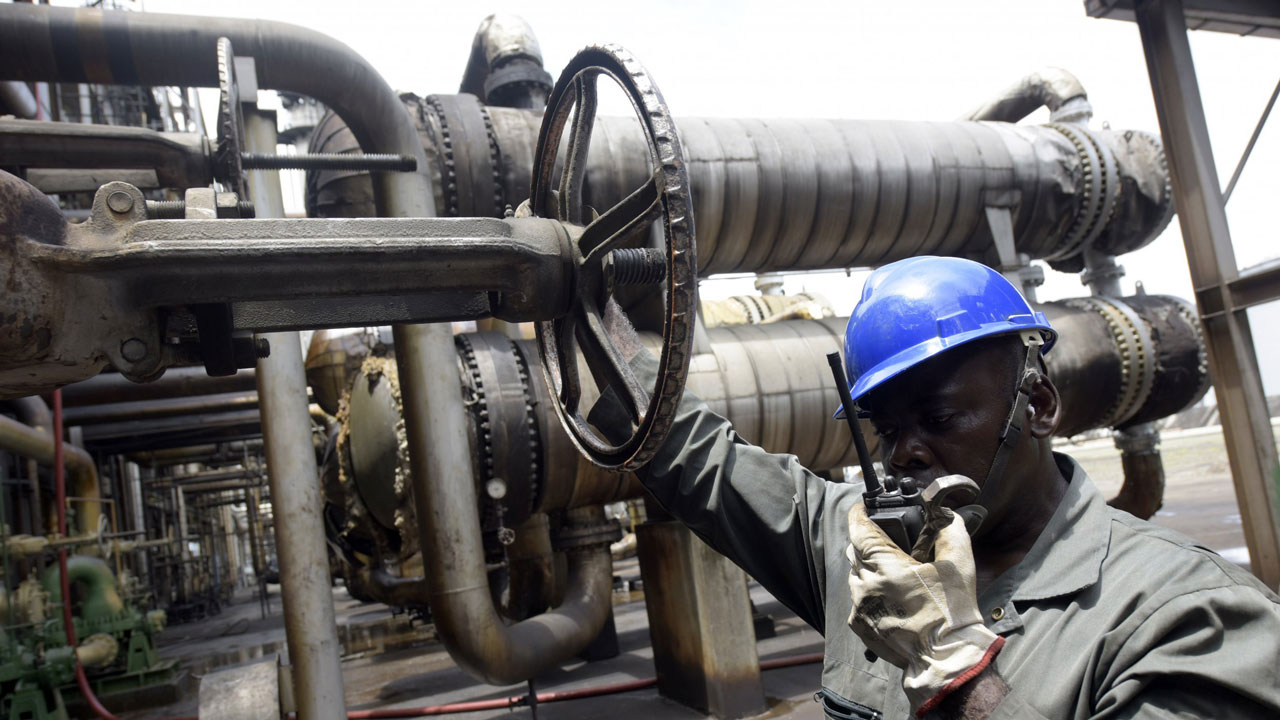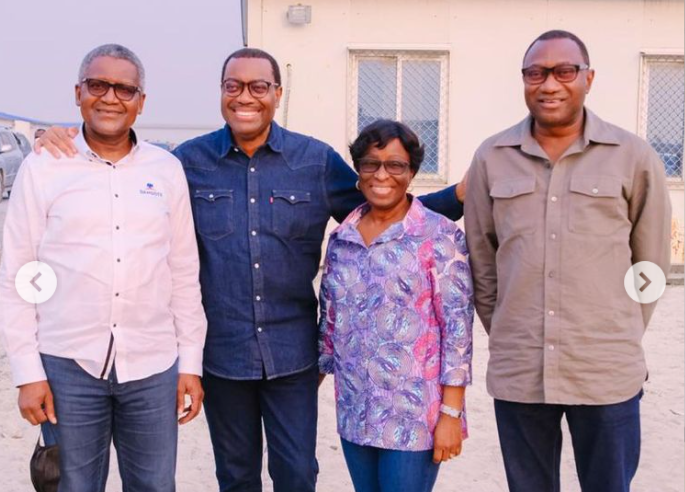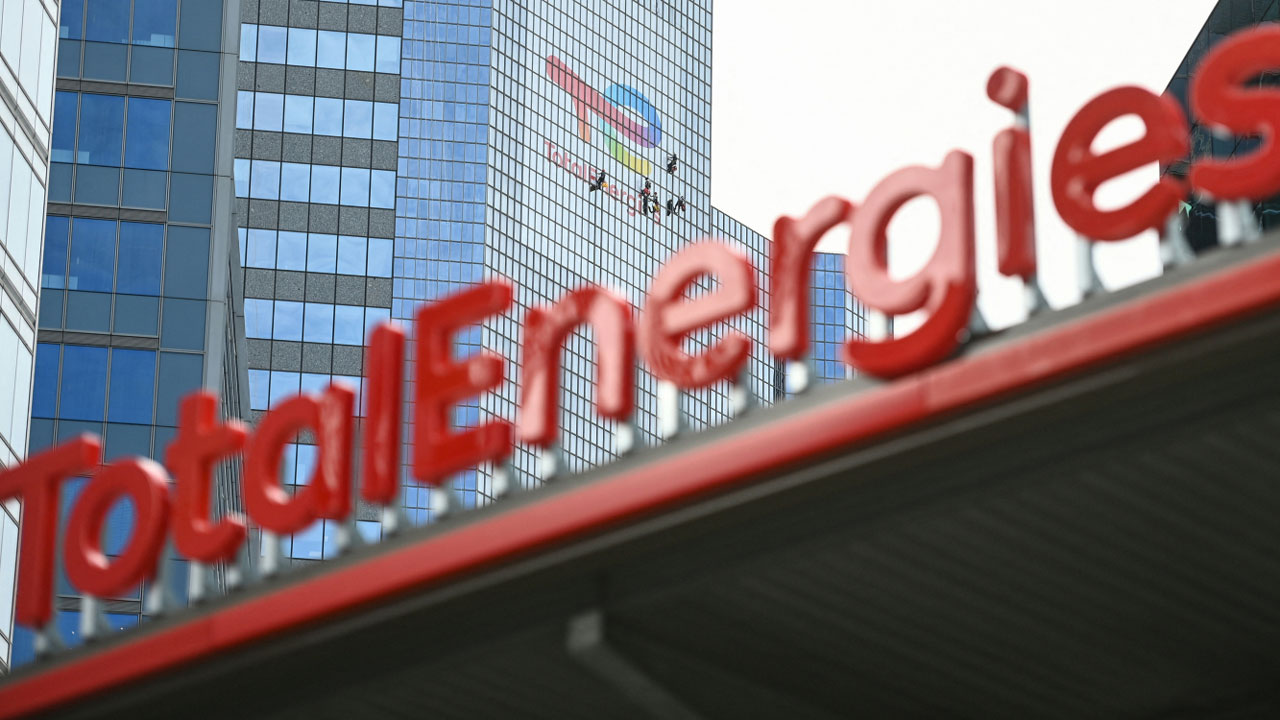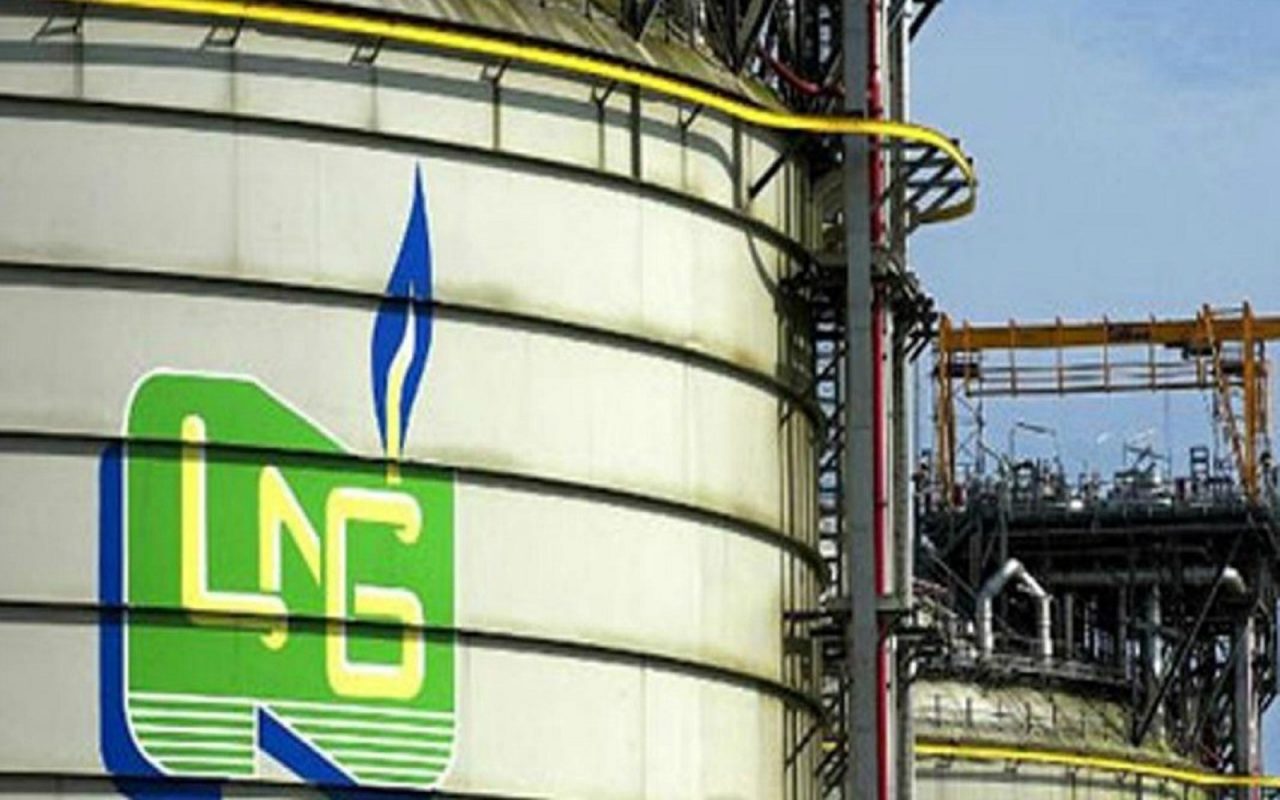The Minister of State for Petroleum, Timipre Sylva, said the Federal Government aims to transform Nigeria into a gas-powered economy by 2030 to address challenges around power generation through gas-powered plants.
He said natural gas is a key resource for energy transition and that it has all the credentials to support Nigeria to meet its commitment in line with the United Nations’ 17 Sustainable Development Goals (SDGs).
The minister disclosed this in Abuja at the 2022 Public Lecture under the theme, ‘Inclusive Energy Transition: Key Issues, Investment Opportunities and Barriers Towards Achieving the Decade of Gas Initiative in Nigeria’.
“At present, only gas can meet all three priorities simultaneously. This puts Nigeria with approximately 206.53 trillion cubic feet of proven gas valued at over $803.4 trillion and a potential upside of 600TCF of gas, the most extensive in Africa, and in the top 10 globally.
“It is so fittingly themed because Nigeria has already made a strong commitment to embracing this transition, pledging to significantly reduce its greenhouse gas emissions under the Paris Agreement on Climate Change and establishing the National Council on Climate Change (NCCC), which will have the power to make policies and decisions on all matters relating to climate change in Nigeria,” the minister said.
He continued: “This is in addition to a commitment to attain net-zero by 2060. Nigeria is one of the world’s last energy frontiers, a nation brimming with enormous opportunities.
“As a nation, we are following a transition pathway that combines technology, investment, business strategies and government policy that will enable Nigeria to transition from its current energy system to a low-carbon energy system with natural gas playing a pivotal role over the next generation, between now and 2060.
“The growth of our gas reserves is a critical lever to achieving the Federal Government’s ‘Decade of Gas Initiative’, which is aimed at transforming Nigeria to a gas-powered economy by 2030.”
In her address, the Chairman, of the Nigerian Society of Engineers (NSE) Bwari Branch, Halimat Adediran, called on the government to make concerted efforts to migrate the country from an energy-importing nation to an energy-exporting one.
She said: “The Petroleum Industry Act (PIA) is a game-changer for us as a people and all stakeholders. But some of us are still oblivious of its enormous opportunities. The PIA elicited several comments and inquiries from potential investors and other stakeholders in Nigeria and abroad.
“The total domestic gas demand requirement (DGDR) in Nigeria stands at 4.482 billion standard cubics per day. More so, Nigeria cannot continue to depend solely on crude oil for its foreign exchange earnings after the COVID-19 pandemic clearly showed us the grave limitations of this as witnessed by the recession our economy suffered due to our total reliance on crude oil.”











